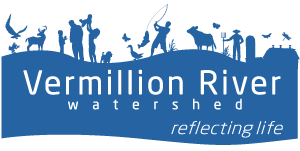Triclosan, an antibacterial product introduced in 1972 for use in health care facilities, was added to many household products, such as liquid hand soap and body washes. Then research showed triclosan’s persistence in the environment. It moves from consumers’ sinks through wastewater treatment plants into the Mississippi River, where it transforms into dioxin and other cancer-causing chemicals. These chemicals pose risks to human and animal health. These triclosan-derived chemicals have been found in river sediment in Lake Pepin and, increasingly, in Minnesota lakes. In 2014, the Minnesota Legislature signed into law a bill that phased out triclosan’s use in soaps and body washes. On January 1, 2017, Minnesota becomes the first state in the nation to prohibit the sale of triclosan in consumer hand and body washes. The U.S. Food and Drug Administration followed suit in 2016 with a ban on triclosan and 18 other chemicals used in consumer hand and body wash products. There has never been any evidence that triclosan’s properties benefit consumers. The Minnesota Department of Health recommends the old reliable method of disease prevention — washing hands with warm water and plain soap.


